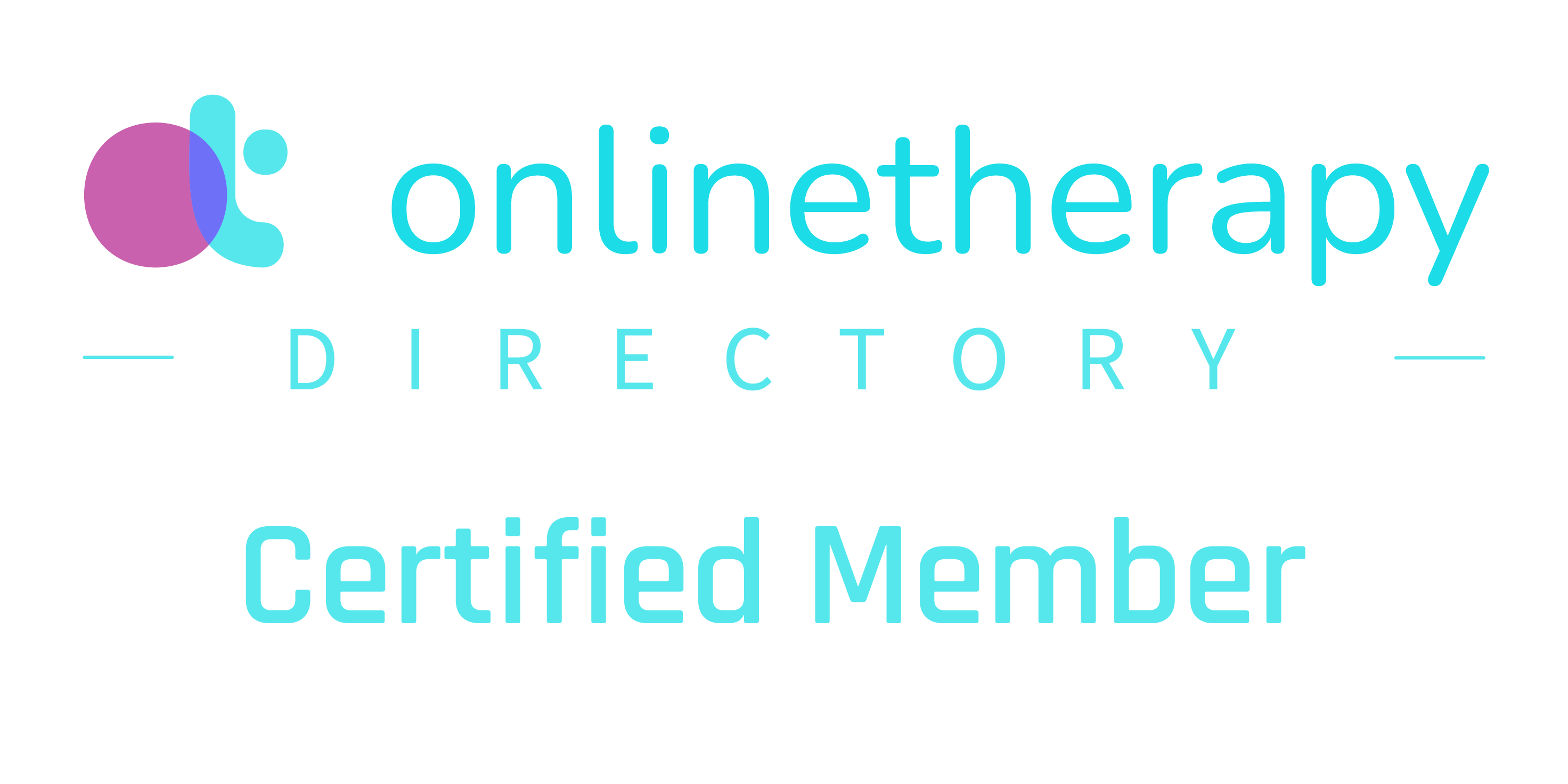CBT Career Counseling
Contemplating a career change can be a stressful and scary time. However, at some point, everyone in life will reach a point where they are ready for a change of pace. CBT Career Counseling can be very helpful in learning how to manage the steps involved in changing careers effectively.
Maybe you know exactly what you want to do. Or perhaps you have some doubts about a possible career choice. You might even think, “Is that really what I want to do? Will it still provide for myself and my family? Will I truly be happy doing it?”
More than likely, these racing thoughts and stress over a career move are causing you to feel anxiety. It is a big step, and when you are going into an unknown situation, it can sometimes feel easier to just stay where you are.
I get it. Change is hard. But, if you think of your life five years from now, and you don’t make a move, do you see yourself being happy? Fortunately, therapeutic methods like Cognitive Behavior Therapy (CBT) can help you overcome the anxiety you feel and make the career change you desire.
Here are 5 helpful ways CBT can help you change careers (and your life).
CBT Reverses the Negative Thoughts You Have
One important way CBT helps when pondering a career change is it helps to ease your anxiety! It can even help you transition into your new position. CBT works by challenging the negative thoughts you have over a career change by replacing them with positive and supportive ones.
You may think, “I could never be successful in a new career. But this ultimately keeps you stuck at a job you aren’t happy with. The negative self-talk and reasons why you shouldn’t do it likely sound off in your head at all times. Keeping you from fearing change, these negative thoughts will always keep you from making necessary changes.
Unless you learn to overcome them and learn to quiet that inner critic. Instead, CBT challenges thoughts by counteracting them with, “Why wouldn’t I be successful at my new job?”
CBT Can Help You Feel Prepared For The Interview
One of the biggest challenges when transitioning into a new career is the nervousness you feel before and during the interview. And it seems that no matter how many times you interview, it’s still difficult not to feel anxious.
You know how much this job could mean to you if you were offered a position, and you want to make a great first impression on your potential employer. Unfortunately, sometimes, despite your best efforts, both of these things can end up working against you as your nervous system kicks into over-drive.
CBT can help you modify how you approach interviews and work through the anxiety you feel during them. In addition, CBT can help you modify and work on your interviewing skills so you can approach every new opportunity with confidence.
CBT Helps You Set Goals
Maybe you know what career you would like to jump into. Or perhaps you know you need a change but aren’t sure what to do or where to begin. In either case, CBT can help you set goals for yourself that can be worked on in small steps. Too often, look at the big picture and set that goal but don’t think about the smaller steps we can take to achieve that goal.
CBT Teaches You How to Cope With Rejection
It’s inevitable. At some point, we all face rejection in our job search. Whether that’s never hearing from the company or being turned down after the interview, it’s easy to go into a negative way of thinking. To some degree, normal when we face a job rejection to blame ourselves. We say things like, “I wasn’t good enough,” “I don’t have enough experience,” or “I must have completely tanked that interview.”
Not only will CBT teach you how to counteract those negative thoughts, but you’ll learn skills that will teach you to think rationally about why you were turned down. With both of these behavior modifications, you can more easily move on from the rejection.
CBT Teaches You New Habits
It’s a nerve-wracking experience trying to change careers. You may fear what could happen if you change jobs. What if it doesn’t provide financially for my family? What if I’m just as unhappy there? Will I get along with my co-workers?
The list of the anxious thoughts we feel during this process is endless. What CBT does is help you counteract these negative thoughts and the emotions that come with them. In turn, you will learn new habits that can help you feel prepared as you make this transition. Whether that is through self-care or breathing techniques, CBT can help you put your best foot forward.
CBT is a very powerful therapy approach. Over the years, I’ve seen CBT help many individuals change their careers and lives. Click to read more about how effective in office Cognitive Behavior Therapy and Online CBT can be.
I am a Licensed Mental Health Counselor in Hawaii and an Accredited CBT Therapist in the UK with over 15 years of experience. I specialize in anxiety treatments and have received advanced specialist training in Cognitive Behavior Therapy and Compassion Focused Therapy. If you’re interested in learning more about how CBT can help you with a career change, please reach out to me at my Honolulu or London clinic to set up an Online CBT Test Drive.



